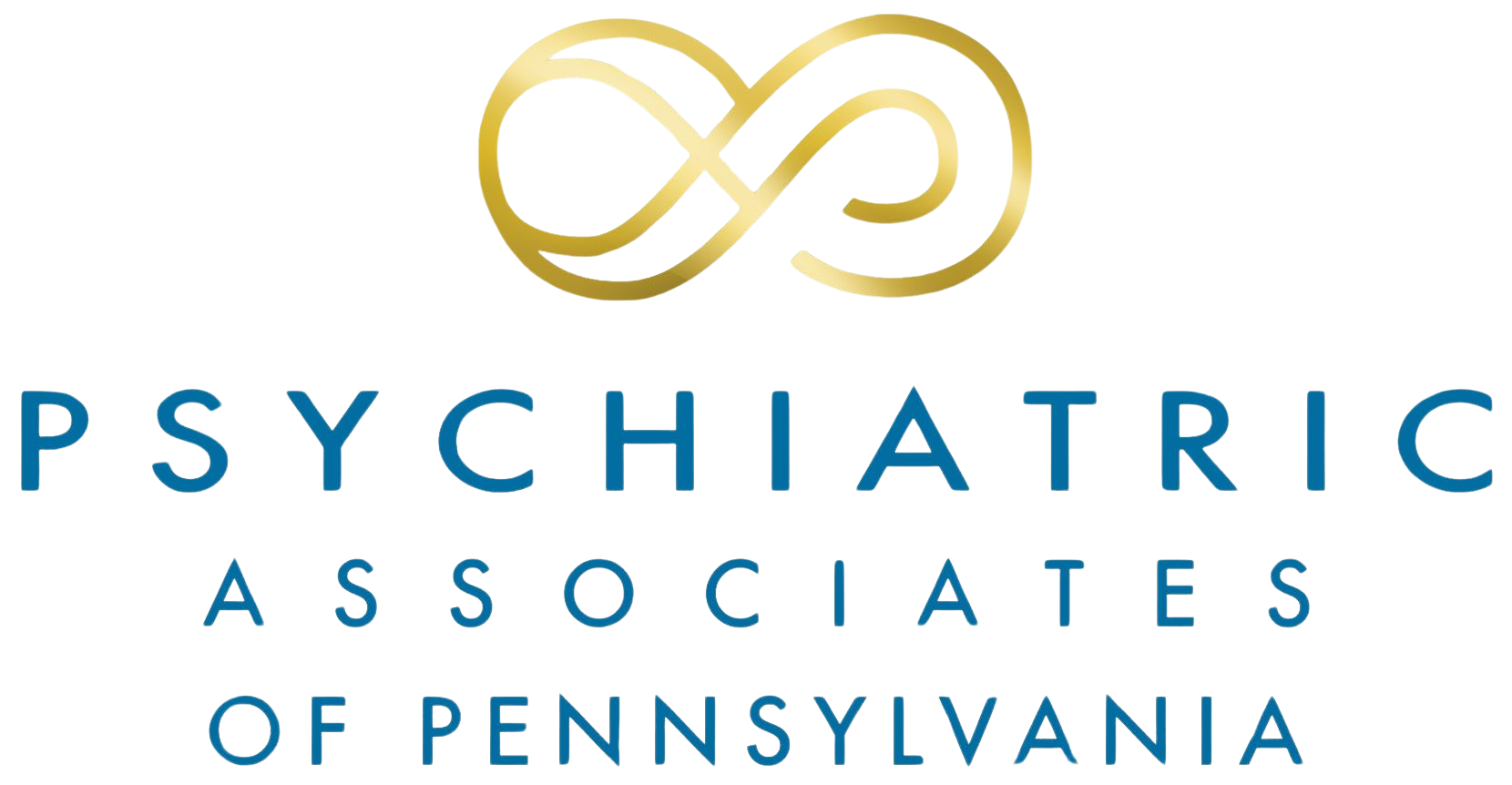What is anger management?
Anger management helps individuals recognize and control their anger, preventing it from leading to destructive behaviors and strained relationships. By learning to identify triggers and develop coping strategies, individuals can express their emotions in healthier ways, reducing the risk of conflict and improving personal and professional relationships.
Effective anger management contributes to better mental health by decreasing stress and anxiety and promoting emotional regulation and self-awareness. It empowers individuals to handle challenging situations calmly and constructively, leading to more positive interactions and outcomes in various aspects of life.
What are the goals of anger management?
Common goals in anger management may vary depending on individual circumstances and the severity of the anger-related issues. However, some common goals typically addressed in anger management programs or therapy include:
Understanding the specific situations, events, or thoughts that trigger anger is a crucial step in managing anger. The goal is to identify these triggers and become more aware of the thoughts, feelings, and physical sensations associated with anger.
Anger management aims to help individuals develop skills to regulate their emotions effectively. This involves learning techniques to calm oneself down, such as deep breathing, relaxation exercises, and mindfulness practices.
Many people struggle with expressing their needs and concerns in a calm and assertive manner. Anger management helps individuals develop effective communication skills to express their thoughts and emotions without resorting to aggression, passive-aggressiveness, or inappropriate anger.
Negative thought patterns and distorted thinking can contribute to anger problems. The goal is to identify and challenge these unhelpful thoughts and replace them with more rational and constructive thinking patterns.
Anger management often focuses on teaching individuals how to address the underlying issues that lead to anger. This includes developing problem-solving skills and learning conflict resolution strategies to address conflicts or difficult situations in a more productive way.
Stress can significantly contribute to anger. Learning stress management techniques and coping strategies can help individuals better manage their overall stress levels, reducing the likelihood of anger outbursts.
Anger management often involves developing empathy towards oneself and others. This includes understanding one’s own emotions and triggers as well as being able to consider the perspectives and feelings of others involved in a situation.
Anger management focuses on improving relationships by teaching individuals how to express their needs, listen actively, and communicate effectively. The goal is to foster healthier and more positive interactions with others.
It’s important to note that the specific goals in anger management may vary depending on the individual’s needs and circumstances. Working with a therapist or attending an anger management program can provide personalized guidance in setting and achieving these goals.
What are common techniques in anger management?
Some common anger management techniques include:
Taking slow, deep breaths and engaging in relaxation techniques like progressive muscle relaxation can help calm the body and mind during moments of anger.
This technique involves identifying and challenging negative thought patterns that contribute to anger and replacing them with more rational and positive thoughts.
Instead of dwelling on anger, individuals learn to focus on finding solutions to the underlying issues that may be causing their anger.
Learning effective communication techniques, such as active listening and assertiveness, can help individuals express their anger and needs in a healthier and more constructive way.
Since stress often contributes to anger, managing stress through techniques like exercise, meditation, and time management can help reduce anger levels.
Stepping away from a situation that is triggering anger can provide an opportunity to calm down and gain perspective before responding.
Engaging in therapy or support groups specifically focused on anger management can provide a safe space to explore and address anger-related issues.
By practicing these techniques, individuals can develop greater self-awareness, emotional regulation, and healthier ways to manage their anger, leading to improved relationships and overall well-being. It’s important to note that anger management is a process that requires effort, patience, and consistent practice over time.
Who can benefit from anger management?
Anger management can benefit a wide range of individuals who experience difficulty managing their anger or expressing it in healthy ways. Some of the groups who can benefit from anger management include:
This includes people who frequently experience intense anger, have difficulty controlling their anger, or engage in aggressive or violent behavior as a result of their anger.
Stress can contribute to anger, and those who experience chronic stress may find anger management techniques helpful in managing their stress levels and preventing anger from escalating.
Anger management can benefit individuals who struggle with assertive communication skills, finding it challenging to express their needs and concerns in a calm and constructive manner.
People working in demanding jobs or in environments where conflicts are frequent may benefit from anger management to develop effective strategies for managing anger and conflicts in a professional setting.
Anger management techniques can be useful for couples or families experiencing frequent conflicts or communication breakdowns. It can help them improve their ability to express their emotions and resolve conflicts in a healthy and constructive manner.
Anger management is valuable for young individuals who may be struggling with anger issues, aggression, or difficulty managing their emotions. Teaching them anger management skills early on can support their emotional development and improve their relationships with peers and family members.
Anger can be a symptom or result of various mental health conditions, such as depression, anxiety, or bipolar disorder. Anger management can be part of a comprehensive treatment plan to address the underlying mental health issues.
Even individuals who don’t necessarily have severe anger issues can benefit from anger management as part of their personal growth journey. Learning to manage anger more effectively can enhance their emotional intelligence, communication skills, and overall well-being.
It’s important to note that anger management is not limited to any specific group, and anyone who feels they could benefit from improving their anger management skills can seek support and guidance. Working with a mental health professional or attending anger management programs or therapy sessions can provide tailored strategies and support to address individual needs.
What are different approaches to anger management?
There are various approaches used in anger management. Here are some of the most common ones:
CBT is a widely used and evidence-based approach in anger management. It focuses on identifying and challenging negative thought patterns and beliefs that contribute to anger. CBT helps individuals develop more rational thinking and learn new coping skills to manage their anger effectively.
Relaxation techniques aim to reduce stress and promote calmness, which can help manage anger. These techniques include deep breathing exercises, progressive muscle relaxation, meditation, and visualization.
Mindfulness practices involve being present in the moment and non-judgmentally observing one’s thoughts, emotions, and bodily sensations. Mindfulness-based anger management techniques help individuals develop self-awareness and emotional regulation skills, allowing them to respond to anger triggers with more clarity and control.
This approach involves increasing self-awareness of anger triggers, patterns, and the physical and emotional cues that precede anger outbursts. By tracking and analyzing their anger episodes, individuals can better understand the underlying causes and learn to intervene before anger escalates.
Effective communication is vital in managing anger. Communication and assertiveness training teach individuals skills such as active listening, expressing needs and concerns assertively, and resolving conflicts peacefully. These techniques improve interpersonal communication, reduce misunderstandings, and prevent anger-provoking situations.
Anger management can include learning and practicing social skills necessary for healthy relationships. This may involve improving empathy, perspective-taking, emotional intelligence, and understanding non-verbal cues.
Since stress can contribute to anger, learning stress management techniques can be an essential part of anger management. These techniques include exercise, time management, prioritization, and relaxation exercises to reduce overall stress levels.
Participating in group therapy or support groups for anger management can provide a supportive environment for individuals to share experiences, learn from others, and practice new skills. Group settings offer opportunities for feedback, accountability, and social support.
It’s important to note that the specific approach or combination of techniques used in anger management may vary based on individual needs and preferences. Working with a mental health professional or attending anger management programs can provide guidance in determining the most suitable approach for an individual’s circumstances.
















